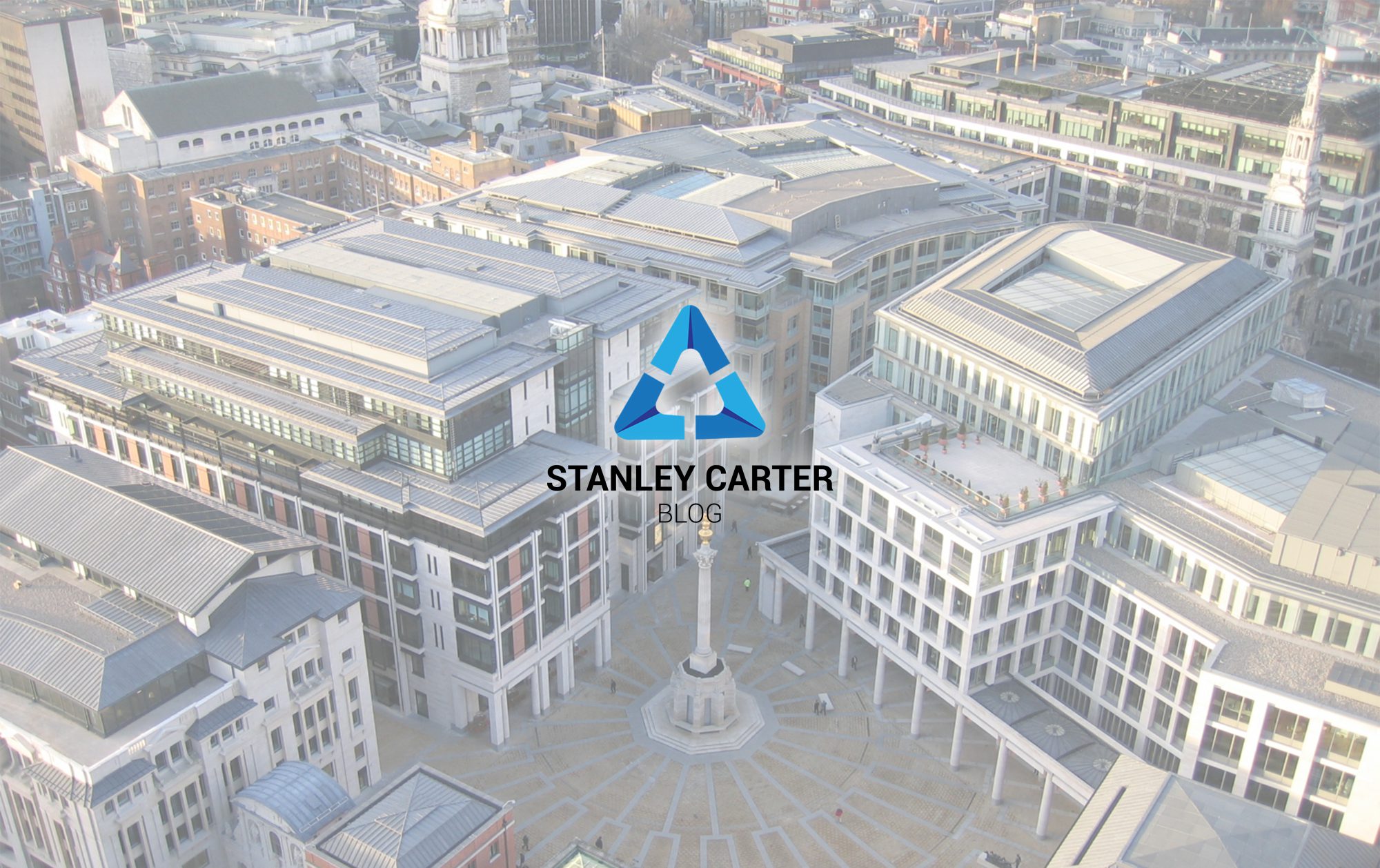Directors in today’s global market are increasingly being held personally liable for their actions that harm their companies, as well as facing civil and criminal liabilities for failing to comply with the procedures and requirements of various laws. Further, there are several Acts, for which the violation thereof can result in criminal sanctions, including fines and even imprisonment. Directors can find themselves subject to criminal sanctions for such minor infractions as late filing or inadvertently filling out a form incorrectly.
By accepting the assignment as a director, the director establishes a contractual relationship with the company based on two distinguishable obligations:
-
obligations relating to the functioning of the company; and
-
management obligations.
Both categories are in the exclusive competence of the director. The obligations relating the functioning of the company pertain to all acts aimed at ensuring the operations of all corporate bodies, to which the director is responsible by law or by the Articles of Association of the company. In this context, the following can be included: the obligation to call the shareholder meeting; the responsibility to prepare and approve the draft budget and to convene the meeting for approval. Furthermore, the obligation to keep accounting records; to announce, register and fulfil the duties of the Business Register. The director is prohibited from acting in conflict of interest with the company or in competition with the latter.
The management obligations indicate all acts aimed to achieve the corporate purpose. For example, the obligation to provide the company with an adequate organisational and accounting structure, to guarantee safety in the workplace and to ensure that the company is acting in accordance with the law. From this point of view, the most important obligation is to act with diligence, i.e. to identify and implement all the necessary measures to take care of the interests of the company.
The scope of this obligation is measured on the basis of two criteria:
-
nature of the assignment, where all characteristics of the company administered – such as size, activity performed, organisational structure and the position held by the director within the administrative body must be considered;
-
specific skills, according to the particular knowledge of the director, his technical and managerial skills and his actual experiences need to be kept in mind.
In the event of a court judgment, the Judge will evaluate the director’s behaviour based on the aforementioned criteria. The level of diligence required from a long-experienced managing director of a multinational company may be different from that of a director of a private company with small turnover volumes.
If the following conditions are fulfilled, a Director is liable of non-fulfilment or incorrect fulfilment of his obligations:
-
the director has, in the performance of his duties, adopted a behaviour in violation of the duties and obligations provided law or by the Articles of Association;
-
this behaviour caused damage;
-
a causal link between the behaviour of the director and the damage exists (i.e. the damage is an “immediate and direct consequence” of the behaviour).
Actions to enforce the liability of a director of a limited liability company can be raised:
-
by the company itself,
-
by company’s creditors,
-
by individual shareholders and third parties, if the behaviour of the directors caused damage to them;
Directors can minimise their risks by being aware of their duties and responsibilities and ensuring that they are performed prudently and diligently. Among the steps that a director can take to minimise his liability are the following:
-
attend directors’ meetings regularly;
-
ensure that delegated authority is exercised properly;
-
ensure that directors’ decisions are implemented properly;
-
document measures taken to prevent mismanagement
It is notable that the director holds the position of the company’s legal representative according to the Companies House, based on which a lawsuit is in practice often filed together with a lawsuit against the company. For example, in an employee dismissal case, the director may be sued as the second defendant and claiming for compensation due to his authority to make a decision for the aforementioned act on behalf of the company. However, the law sees the director as a legal representative which is granted protection in terms of personal liability to third parties for any act that has been done prudently and diligently within the scope of his authority. By virtue of his legal representation, such action shall be attributed to the company.
If you need any assistance or require further information regarding company directors responsible please contact us on 0870 228 1999 or email us on info@stanleycarter.co.uk

